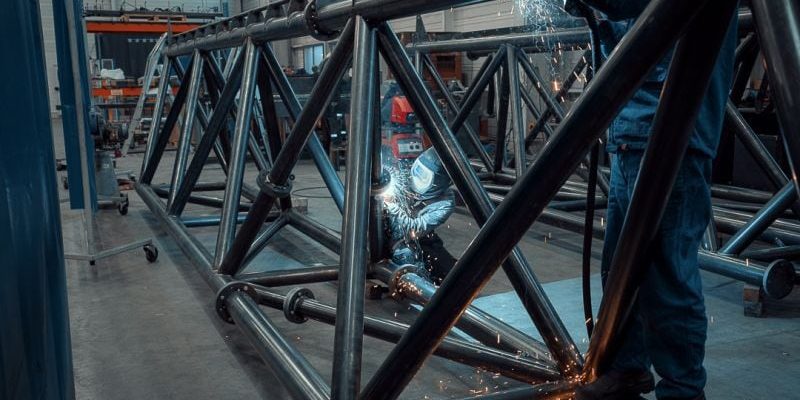This is a blind spot in the employment policy pursued by the government for seven years: the place of seniors. This category of assets is, however, an essential link in the economy. It also conditions the achievement – although strongly compromised – of the objective set by Emmanuel Macron of an unemployment rate close to 5% in 2027, the equivalent of full employment for France. The equation is complex: how can we convince companies to both retain and hire these people aged over 55? How can we get back into the swing of those who have stayed away from an activity for too long? Since last November, employers and unions have been scrambling to negotiate an agreement on the subject. A final meeting must take place this Monday, April 8 with the hope of reaching a compromise satisfactory for each party.
Hurry up. In 2030, France will have 21 million people over 60, or 3 million more than five years ago. In 2022, the employment rate of seniors reached 56.9%, far from the 62.4% European average. Obviously, the pension reform, by pushing back the retirement age to 64, changed the situation. For Xavier Ragot, president of the French Observatory of Economic Conditions, the task promises to be a long one. “We are talking here about changing the culture of employment of seniors and the state of mind in millions of French companies. There is no magic of a tax lever. It is not a tax who will change that, it will help, but perhaps we need regulations, modify the rights of seniors, the combination of employment and retirement…”, underlines the economist. “Companies must change their attitude and consider that their continued employment or the reception of their skills can bring something,” adds economist Christine Erhel.
Experience, a key asset
However, there is no shortage of encouraging examples. In Loire-Atlantique, in Saint-Herblain, the manager of 3G Industrie, an industrial SME with around twenty employees, specializing in the assembly and welding of metal structures, has not once regretted having hired three seniors. “For the record, I created the company six years ago with two seniors who took minority shares. I wanted to benefit from their experience as craftsmen, by bringing my industrial vision”, says David Guiheux. Experience, one of the major assets put forward by older workers to convince business leaders to call on them. And it’s far from being a myth, confirms the boss: “This is only acquired over time. In industry, it is essential, even more than in other professions, due to the technicality of our processes.
When he receives a CV, David Guiheux assures that he never looks at the age. The advantages are numerous. They bring “their interpersonal skills with an often impeccable state of mind”. Within the company, several generations coexist, for the better. “When there is diversity, things always go better. It brings meaning to our society, which is not just a profit center. You have the enthusiasm of the young and the experience of the old,” describes the manager.
The transmission of know-how
The three senior employees of 3G Industrie do not hesitate to tell their professional journey, their anecdotes, to give advice, while disseminating their know-how. “The development of a person who is going to retire is all the more important when they have succeeded in passing on their skills. If they do not succeed, it will be frustrating for them. An employee made redundant at 58 for economic reasons will never recover because he will not have been able to share his knowledge.
David Guiheux today judges state support to be almost non-existent. “We don’t have any incentives and that’s not normal. About ten years ago, there were more,” he regrets. He campaigns in particular for the establishment of exemptions from charges, in order to smooth out costs. “Everyone would benefit. The apprentice would have a senior as a supervisor and the senior would find it in the interest of training the one who takes over. It’s a win-win.”
.
